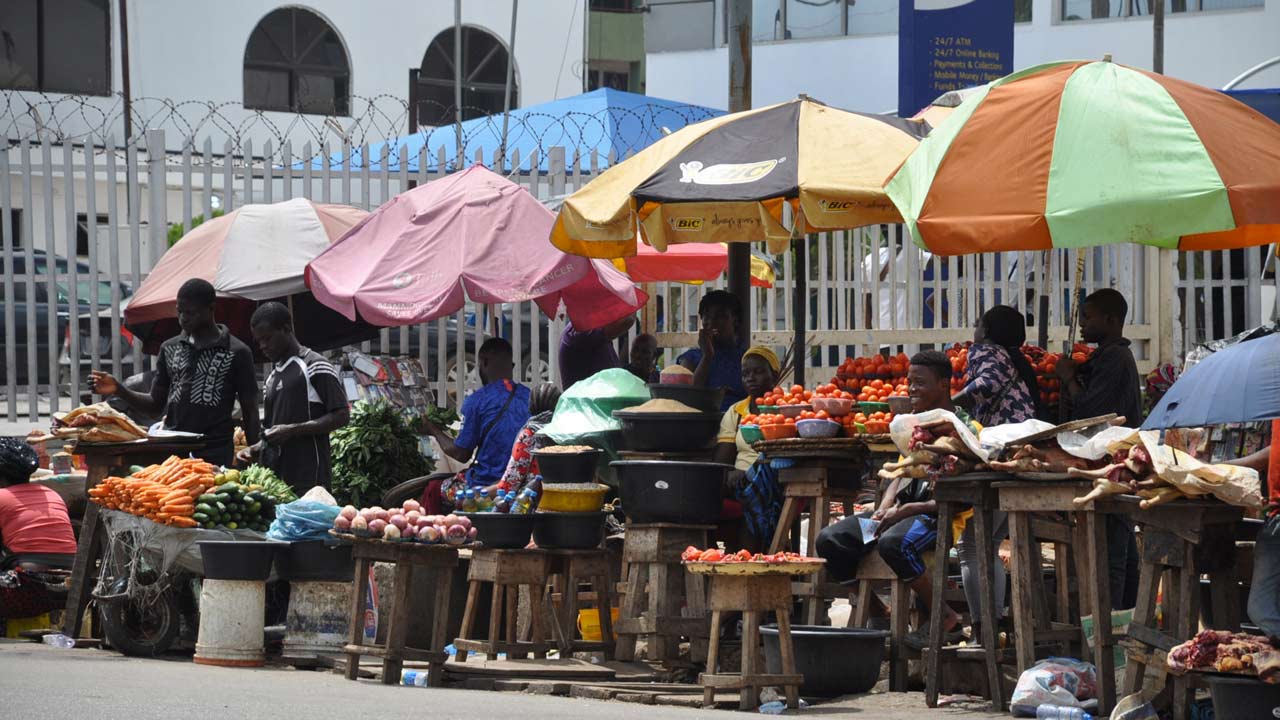Nigeria News
FG Reports An 80% Surge In Food Imports Over A Four-Year Period

At least 88.5 million Nigerians are currently faced with insufficient food consumption, with the figure projected to increase by six million in December 2023, the Federal Government said on Thursday.
The country experienced an 80 per cent surge in food imports from 2019 to 2023, confirming this fact despite numerous agricultural intervention programs implemented by successive governments to enhance food self-sufficiency.
The Senior Special Assistant to the President on Agribusinesses and Productivity Enhancement, Kingsley Uzoma, revealed this information during the National Policy Dialogue held on Thursday in Abuja.
The policy dialogue themed, “Deepening Partnership for Scaling-Up of Information and Communication Technology for Development for Smallholder Farmers in Nigeria” was organised by the federal government, the International Fund for Agricultural Development and the National Information and Technology Development Agency.
Uzoma emphasized the federal government’s dedication to overturning this trend. He highlighted that the nation currently boasts the highest global rate of stunted children, with 70 per cent of its population living below the poverty line. Additionally, in October, there was a significant 31.52 per cent increase in food inflation.
“This escalating dependence on external sources further intensifies the challenges within the domestic food landscape, all of which have resulted in the declaration of a state of emergency in food security by Mr President.
“The IFAD-financed programme, such as Value Chain Development Programme and Livelihood Improvement and Family Enterprises Project for the Niger Delta, aims to enhance incomes and food security through sustainable practices and integration of ICT4D.
“These programmes involve tools such as the Mini-weather Station and Agriculture Market Information System to benefit farmers.
“However, challenges in data access, gender equality, infrastructure and technical support still exist,” he said.
The presidential aide acknowledged that the decrease in agricultural production significantly contributed to the country’s heavy reliance on food imports.
In response, he advocated for sustained efforts in digital literacy and collaboration among agencies and the private sector. These initiatives are deemed essential for promoting greater technology adoption among smallholder farmers.
Uzoma emphasized that such endeavours have the potential to boost productivity, drive technological advancements, advocate for best practices, enhance trade competitiveness, and improve market access.
“Increased collaboration with the Federal Ministry of Agriculture and Food Security and the NITDA is necessary to implement the National Digital Agriculture Strategy to further leverage technology for the advancement of the agricultural sector.
“These aligned with the mandate of my office under the leadership of the vice president, which encompasses a multifaceted approach rooted in technology and innovation to ensure transformative change in Nigeria’s agricultural sector.
“This includes empowering one million women, youths and minorities to achieve food and nutritional sovereignty, ensuring food security and heightened agricultural productivity,” Uzoma stated.












